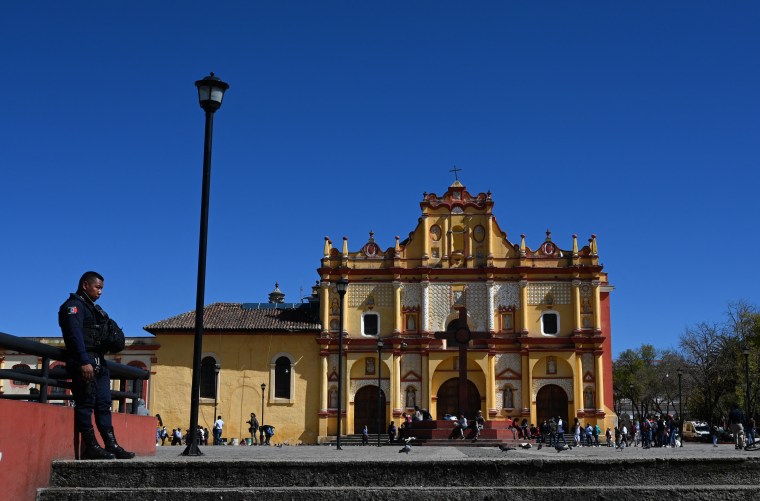Mexico City, November 3, 2021 – Mexican authorities must conduct a swift and thorough investigation into the killing of reporter Fredy Fernando López Arévalo, determine whether he was targeted for his work, and hold those responsible to account, the Committee to Protect Journalists said today.
At about 8 p.m. on October 28, an unidentified man approached López outside his home in the city of San Cristobal de las Casas, in the southern state of Chiapas, and shot him several times, killing him at the scene, according to news reports and a statement by the Chiapas state prosecutor’s office.
López had a long career as a reporter and editor in Mexico and Central America, according to a biography published on the news website Noticiero Agencia 3, which said he had been a correspondent for newspapers Novedades and El Universal, as well as a Central America bureau chief for Mexico’s state news agency Notimex.
More recently, López published news and commentary on social media and in Jovel, a local magazine that has ceased circulation, according to the journalist’s brother, Jorge López, who spoke to CPJ in a phone interview. Jorge López told CPJ that the reporter returned from celebrating his mother’s birthday in the Chiapas capital of Tuxtla Gutiérrez when he was attacked.
“The brutal killing of journalist Fredy López continues the alarming trend of violence against reporters in Mexico, cementing its abysmal status among the world’s deadliest countries for the press,” said Jan-Albert Hootsen, CPJ’s Mexico representative. “Unless Mexican authorities become serious about investigating these attacks, López’s killing, like so many others, will linger in impunity.”
López recently wrote about layoffs of municipal employees in San Cristobal and published messages in support of the government of Mexican President Andrés Manuel López Obrador on his Twitter account, where he had about 2,300 followers.
He also wrote roundups of local, national, and international news on his Facebook page, where he had about 6,800 followers. He recently covered groups in Chiapas that claim to have taken up arms to combat organized crime, the murder of a teacher, and the increase in migrants moving through Chiapas on that page.
A journalist based in Chiapas, who knew López personally and was familiar with his work, told CPJ via messaging app that López had also written about organized crime and drug trafficking in the region. He added that he believed the killing was related to López’s work, and asked CPJ to remain anonymous out of concern for his safety.
CPJ was unable to immediately find any recent articles authored by López about drug trafficking.
Jorge López told CPJ that he was unaware of any threats against his brother’s life. An official with the Federal Mechanism for the Protection of Human Rights Defenders and Journalists, which coordinates protection programs for journalists under threat under the auspices of the federal Interior Secretariat, told CPJ that the agency was unaware of any threats against López and that he had not been enrolled in a federal protection program. That official asked CPJ to remain anonymous, as they are not authorized to speak on the matter.
CPJ repeatedly called the Chiapas state prosecutor’s office for comment, but no one answered.
Mexico is the deadliest country for journalists in the Western Hemisphere. According to CPJ research, at least three reporters have been killed in direct relation to their work this year, and at least one reporter disappeared this year.
